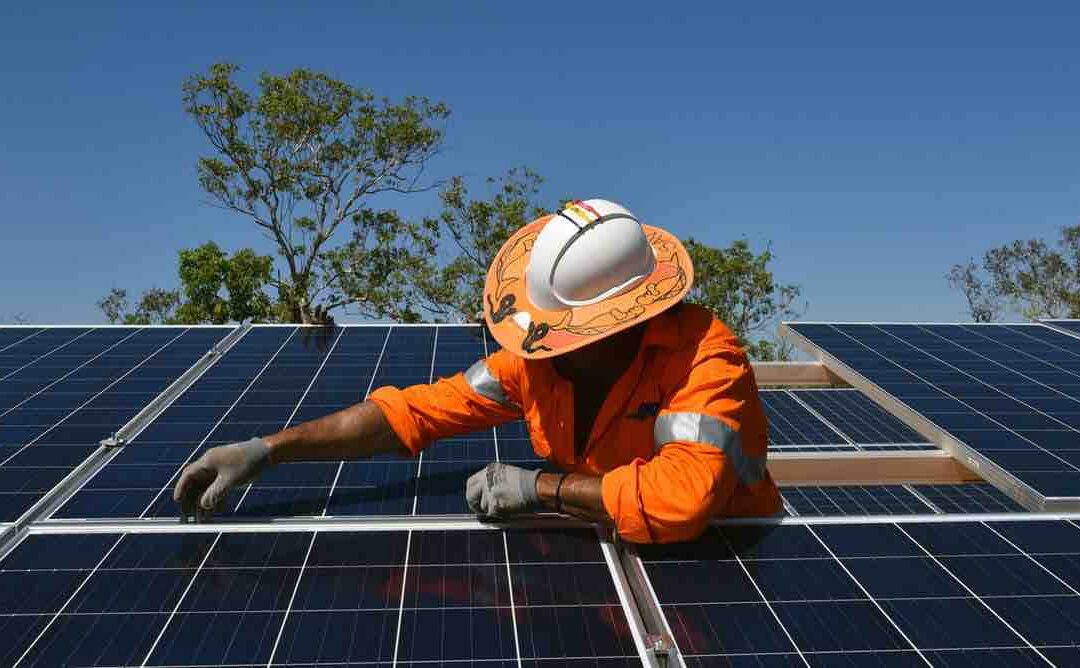”Workplace related crime and occupational health and safety offences are being dealt with in an increasingly serious manner in recent times. Given the regulatory environments that different occupations operate within, the impact of prosecutions for breaches of occupational health and safety legislation can have serious and unexpected consequences. These can include their eligibility for grants, tenders and programs operated by the State Government, in particular.
The Rise of Solar Power and the Role of Government Subsidies
Solar generated power is gaining well-deserved prominence in the community given the undeniable development of climate change and the community’s concern about it. Individuals and businesses are now interested in, and investing in, solar power as an alternative source of power for their homes and workplaces. However, solar power can be costly to install. Accordingly, there are particular programs and grants in place to assist individuals and organisations to access solar power. As such, more and more solar companies are entering the market and competing for both private installations and those subsidised by the State Government. In order to do so, they must hold a licence.
Impact of Occupational Health and Safety Prosecutions on Solar Companies
Solar companies who have been prosecuted for breaches of the Occupational Health and Safety Act 2004 (‘the OHS Act’) and the Occupational Health and Safety Regulations 2017 (Vic) (‘the Regulations’) can find themselves facing unintended consequences as a result of entering a guilty plea, or being found guilty of offences under the Act. One such consequence is the suspension of their Solar Victoria retailer’s license, which could have a serious impact on the company’s ability to continue trading.
Eligibility Criteria for Solar Victoria’s Solar Homes Program
As part of Solar Victoria’s eligibility criteria for the Solar Homes Program, it is mandatory that retailers have no prosecutions under the OHS Act or the Regulations resulting in a plea of guilty or a finding of guilt in the past three years. This is an incentive for companies to ensure compliance with the OHS Act and regulations.
If a company has recently been prosecuted, they may receive a ‘Show Cause Notice’ from Solar Victoria, notifying them that a suspension from the program is being considered for a period of up to three years. A company can be contacted by Solar Victoria regardless of whether or not a criminal conviction was imposed against the company following their WorkSafe prosecution.
Under the Show Cause Notice, Solar Victoria will seek further information from the company prior to making a decision on whether or not to suspend the company from the program, and if suspended, for how long. A company will generally have 14 days from the date of receiving this notice to make written submissions to Solar Victoria, providing reasons why the company should not be suspended from the Solar Homes Program for up to three years.
Importance of Legal Advice and Submissions
If your company has received a Show Cause Notice, you should contact a lawyer immediately for legal advice. The consequences of suspension from the Solar Homes Program can be significant for companies that rely on the Solar Panel Victoria rebate scheme. Without the benefit of the rebate, customers may go elsewhere and companies can lose a significant amount of business. Well-crafted submissions around the company’s offending, personal circumstances and past and future compliance with OHS processes and procedures can mean the difference between months or years of suspension. Galbally Parker Lawyers recently acted for a client who received a three-month suspension for breaches of the OHS Act, instead of three years.
Expert Legal Support
Galbally Parker Lawyers’ team of workplace crime and WorkSafe lawyers are experienced not only in defending companies charged under the OHS Act, but in assisting companies facing the suspension of their Solar Victoria license. If you need advice or assistance with your submissions, call our criminal defence lawyers on (03) 9670 8771 immediately.
Information accurate as of October 2024. This information may change at any time and so it is always important to get tailored and up-to-date legal advice.


